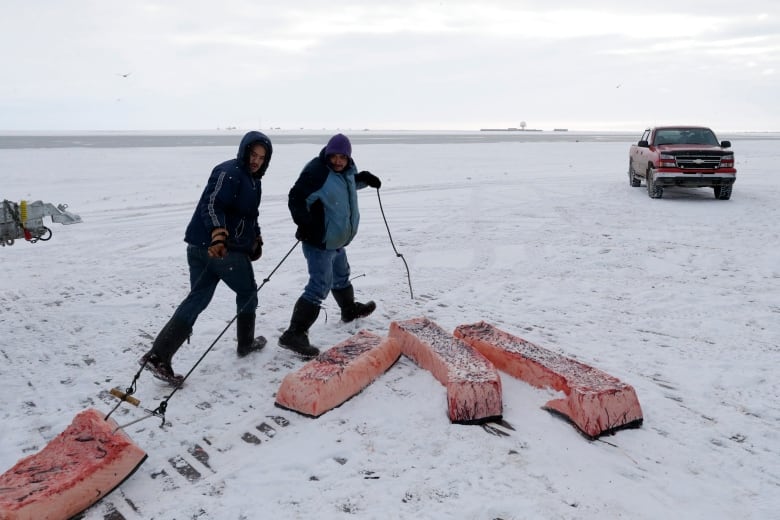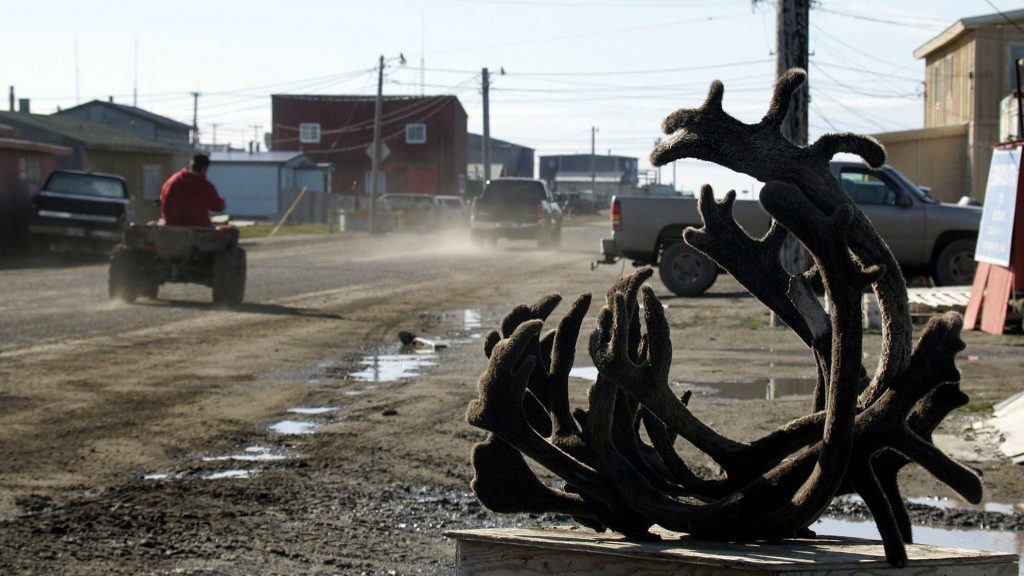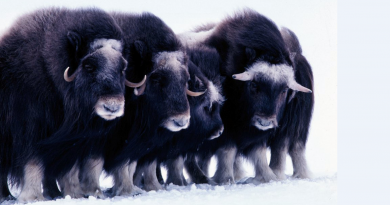Voice of the Arctic Iñupiat sues to overturn NPR-A rule

A group of North Slope cities, tribes and Alaska Native corporations is challenging new federal restrictions on oil development in the National Petroleum Reserve-Alaska.
Voice of the Arctic Iñupiat filed a lawsuit in U.S. District Court in Anchorage last week that takes aim at a Biden administration rule completed in May. The rules tightens environmental restrictions on development in the NPR-A, an area of federal land the size of Indiana.
The lawsuit says that the Bureau of Land Management rule effectively confers wilderness status, the highest level of environmental protection, to 13.1 millions acres that were previously designated for protection, and bars leasing on another large swath.
The advocacy organization is largely funded by the Arctic Slope Regional Corporation and the North Slope Borough. It has been clamoring against the rule for months. Its campaign may have received a boost with a U.S. Supreme Court opinion last week called Loper Bright. It removed some of the latitude government agencies had to impose regulations on matters not specified in law.
Voice of the Arctic Iñupiat says the people of the North Slope benefit from oil development, primarily through local taxes on the industry.
“These tax receipts provide the vast majority of revenue for the North Slope Borough, which is then used to provide a wide range of essential public services,” the lawsuit says, “including sewer, water, heat, sanitation, schools, clinics, hospitals, wildlife and fisheries management and research, infrastructure, and social and cultural programs.”

The group says the Biden administration’s environmental restrictions threaten to reverse progress that has improved their lives.
Many environmental groups hailed the Biden administration rule for the Reserve. They said it would protect birds, wildlife and other resources important to subsistence. The protections in the rule helped lessen their anger at President Biden for allowing ConocoPhillips to proceed with Willow, a large oil development underway in the NPR-A.
The Center for Biological Diversity, on the other hand, says the rule doesn’t go far enough because it still allows oil and gas development on about half of the Reserve.
“This could potentially result in the additional extraction of hundreds of millions of barrels of oil and subsequent hundreds of millions of metric tons of greenhouse gas emissions,” said Cooper Freeman, Alaska director for the Center for Biological Diversity. “The planet, the Arctic, Arctic wildlife and communities across Alaska just can’t withstand that level of destruction from climate change.”
Related stories from around the North:
Norway: Norway’s oil minister: “We need new discoveries”, The Independent Barents Observer
Russia: Novatek sends 200 engineers to shipyard due to urgent need for more Arctic tankers, The Independent Barents Observer
United States: Biden administration blocks Ambler Road, strengthens protections for NPR-A, Alaska Public Media



